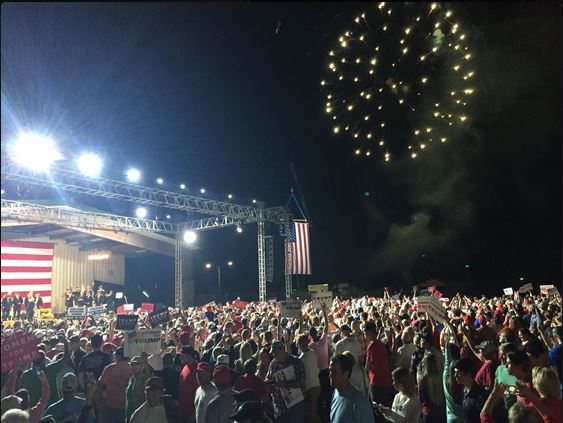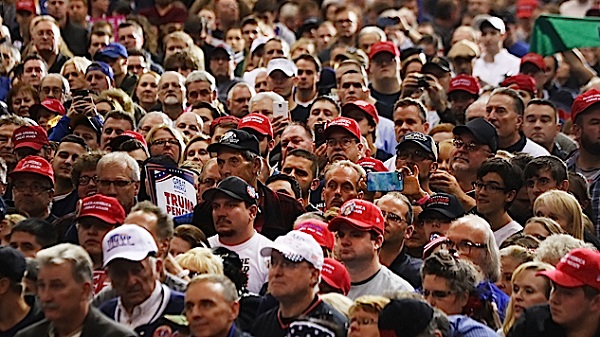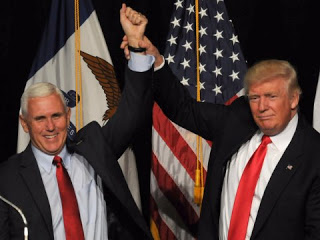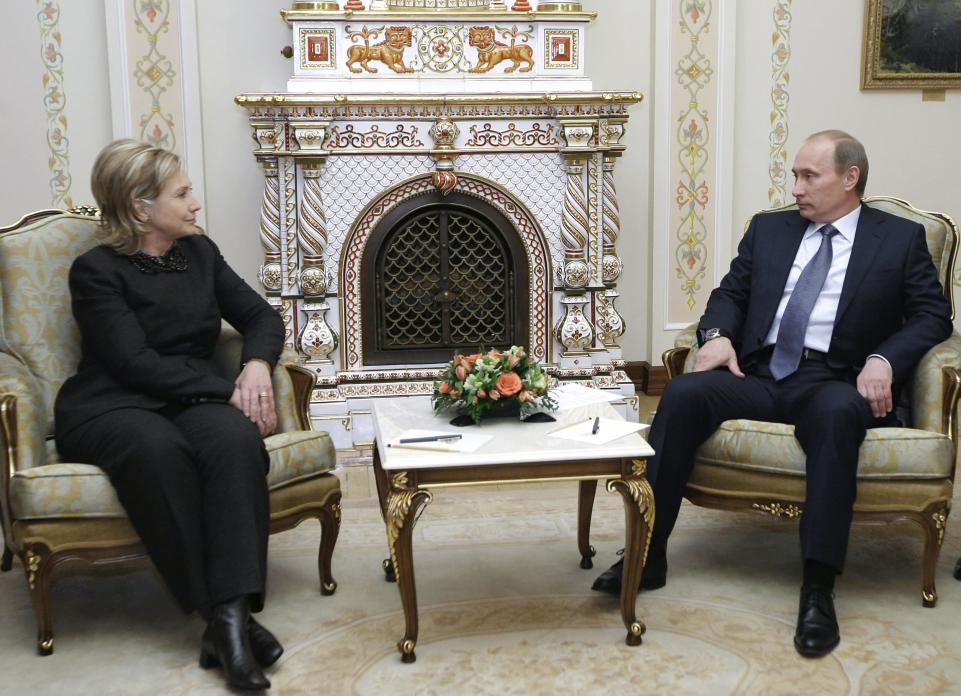Trump by the Numbers
 If we are going to nominate Trump, we might want to ask the question, “Can Trump win?” I have already crunched the numbers on what Trump will need to win. The biggest reason that many people have given their vote to Trump is that he is bringing in new voters, and this seems to be supported by the number of independents and Democrats crossing over to vote in GOP primaries.
If we are going to nominate Trump, we might want to ask the question, “Can Trump win?” I have already crunched the numbers on what Trump will need to win. The biggest reason that many people have given their vote to Trump is that he is bringing in new voters, and this seems to be supported by the number of independents and Democrats crossing over to vote in GOP primaries.
In reviewing primary exit polls during the 2012 primary season through March and the present primary campaign, I reviewed and compared the number of independents voting in primaries as well as comparing how Trump did among independents to what Romney did in 2012. Here are some numbers to look at. Just over 26% of voters during the 2012 primaries were independents and another 4.3% were democrats. This contrast equates to slightly under 28% independents voted in the Republican primaries and 4.3% were democrats. The best you can say is that there were 2% more independent voters in the 2016 Republican primaries. However, it should also be pointed out that nearly 3% of republicans and 24.5% independents voted in the Democratic primaries. There was a slight increase in independent participation in the Republican primaries this year, but not a significant increase.
Another aspect to review is how well Trump and Romney did with independents. Trump received 35% of independents throughout the 2016 primaries and Romney received 32.5% of independents during his 2012 run. Interesting enough, Trump did better among Republicans, receiving 38%, while Romney received 42% of republican voters. No one would be surprised that Romney did better among republicans but his numbers among independents were not much more below Trump’s numbers.
What we should also consider is that Trump did better among Republican voters than he did among independents, even though it was not by big margins. This leaves the question, “If Trump’s strength is bringing in new voters from independents and democrats, why is he running better among republicans?”, and “Are we chasing fool’s gold since Romney ran close to what Trump is now doing among independents?”
In 2012, 30% of voters in the Republican primaries were independents and Democrats but yet Mitt Romney lost the 2012 election as there were no major defections among the democratic base voters. Romney actually fell backward among key members of the democratic base compared to Bush in 2004 and McCain in 2008. Are we witnessing a similar disappointment? While many have marveled at Trump’s coalition, and there is no doubt that Trump has a broader coalition among republican voters as he done well among liberal, moderate and even conservative republicans, the reality is that the number of independent voters were only slightly more than in 2012. We may not be seeing an influx of new voters, considering that 65% of independents are voting against Trump, but we might be witnessing voters deciding to vote in the republican primary whose major goal is stopping Trump.
Many pundits have observed that Reagan was running behind Carter by double digits in March of 1980, but every election is different and what should concern republicans about Trump is that he has not only been consistently running behind Hillary Clinton for months but over the past month, the Real Clear politics average has seen an expanding Hillary lead.
In the most recent CBS/NY Times poll, only 49% of republicans’ view Trump as favorable with 16% undecided. The only saving grace is that only 61% of democrats’ view Hillary Clinton as favorable and both candidates are viewed as favorable by only 19% of independent voters. So, we have two candidates who are equally hated by a significant number of voters. Trump is also the only republican in the CBS poll that is running behind Hillary among independents.
There is time for the Republicans to change their mind on which direction they want to go and there is no doubt that Trump is the weakest candidate the GOP can nominate. Cruz is slightly behind Hillary Clinton and Kasich is running ahead of Hillary Clinton so both candidates are stronger than Trump. Electability is not a reason to nominate Trump at this stage of the election, and, the truth is, that based on present polls, Trump can’t beat Hillary Clinton and will lose big. Who knows what events, whether it is economic or overseas, can change the whole election and aid all three present republican candidates against Hillary Clinton. In the case of Trump, events beyond the control of candidates is his best, and only, chance to win the presidency.







